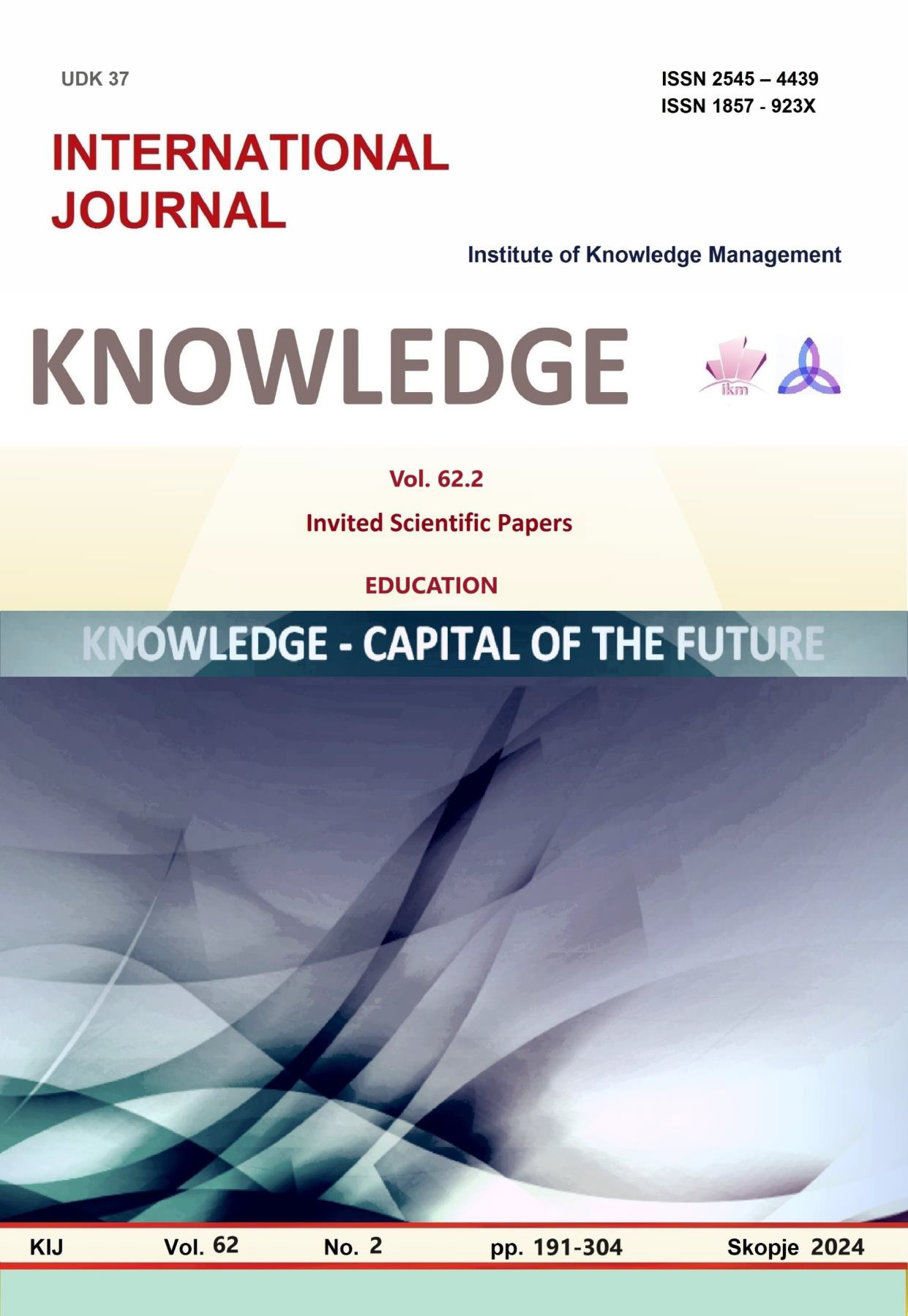ASSESSING THE ADEQUACY OF CONTEMPORARY UNIVERSITY TEACHING METHODS: PERSPECTIVES OF STUDENTS AND EDUCATORS ON INNOVATIVE EDUCATIONAL PRACTICES
ASSESSING THE ADEQUACY OF CONTEMPORARY UNIVERSITY TEACHING METHODS: PERSPECTIVES OF STUDENTS AND EDUCATORS ON INNOVATIVE EDUCATIONAL PRACTICES
Author(s): Hristo ChukurlievSubject(s): Education
Published by: Scientific Institute of Management and Knowledge
Keywords: higher education reform;pedagogical innovation;digital literacy;student engagement;post-pedagogy
Summary/Abstract: In the ever-changing realm of higher education, the rapid progression of technology and the shifting needs of the professional landscape have compelled the re-evaluation of teaching methods. Through this study, thorough examination of current pedagogical practices in universities has been conducted, taking into consideration the viewpoints of both educators and students. This research explores the potential for fresh, pioneering approaches, offering valuable perspectives to the ongoing conversation surrounding academic transformation. Through a comprehensive survey, the beliefs of faculty members and students were thoroughly captured, with the goal of pinpointing which traditional educational techniques are seen as obsolete, and which are crucial for preparing tomorrow's workforce. The findings indicate a clear preference for traditional teaching methods, such as lectures and seminars. However, there is also a recognition that these methods must adapt and integrate innovative techniques. The consensus among scholars emphasises the crucial role of digital literacy in modern curricula, highlighting its necessity in preparing capable and well-rounded professionals for the future. The results call for a shift in pedagogy, encouraging a multidisciplinary approach and the practical utilisation of knowledge. This study sheds light on the difficulties of aligning academic concepts with practical application, emphasising the role of higher education in nurturing a globalised, engaged, and interconnected population. As a result, educational strategies must evolve to mirror the societal shift towards a more united and interconnected global community. This research highlights the need for universities to shift towards a model that prioritises hands-on participation and collaboration in tackling complex, real-world issues. The responsibilities of educators have evolved from being the main providers of knowledge to becoming mentors and guides in facilitating students' transformative educational experiences. This study is promoting an educational system that meets the demands of the digital age while maintaining academic rigour and fostering curiosity. It is imperative for institutions to be flexible and forward-thinking, continually adapting and innovating their pedagogical approaches to remain effective for students in a rapidly evolving world. This study should serve as a reminder that the educational landscape must continuously evolve to meet the diverse and ever-changing needs of our society. It calls for a renaissance in education, one that is deeply attuned to the complexities of our times. Above all, it celebrates the impactful and transformative effects of thoughtful and well-crafted educational policies on both individuals and societies, reaffirming the enduring power of learning.
Journal: Knowledge - International Journal
- Issue Year: 62/2024
- Issue No: 2
- Page Range: 211-216
- Page Count: 6
- Language: English

